Available 24/7
Available 24/7
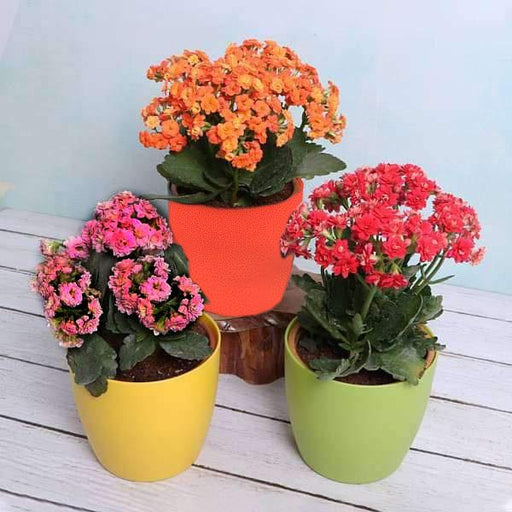
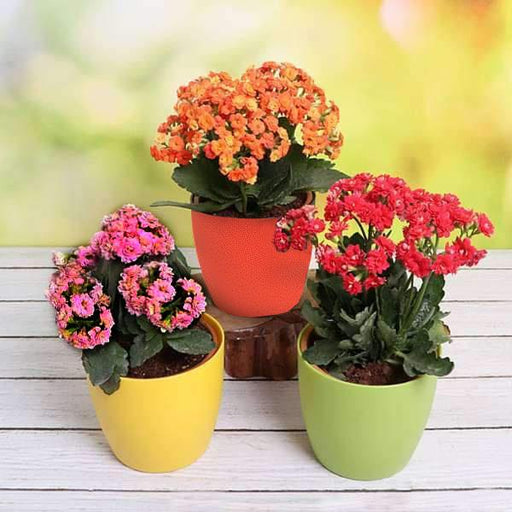 Save 10%
Save 10%
DescriptionThe Kalanchoes are thick leaved elegant flowering succulent houseplants. Make your home garden more vibrant and full of colors by bringi...
View full details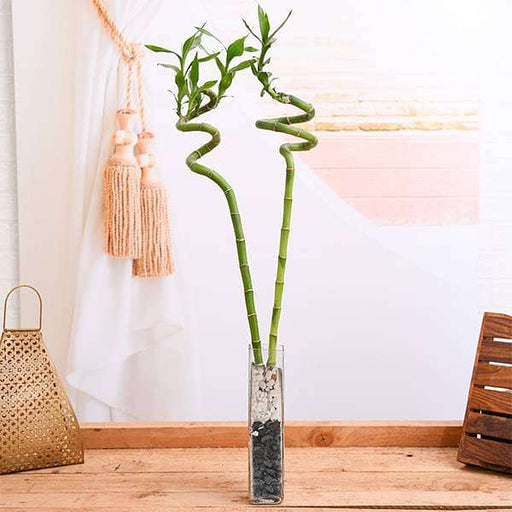 Save 18%
Save 18%
DescriptionThis pack contains two 60 cm Spiral Stick Lucky Bamboo Plant + Glass vase + 250g white chip pebbels + 250g black chip pebbels.About Luc...
View full details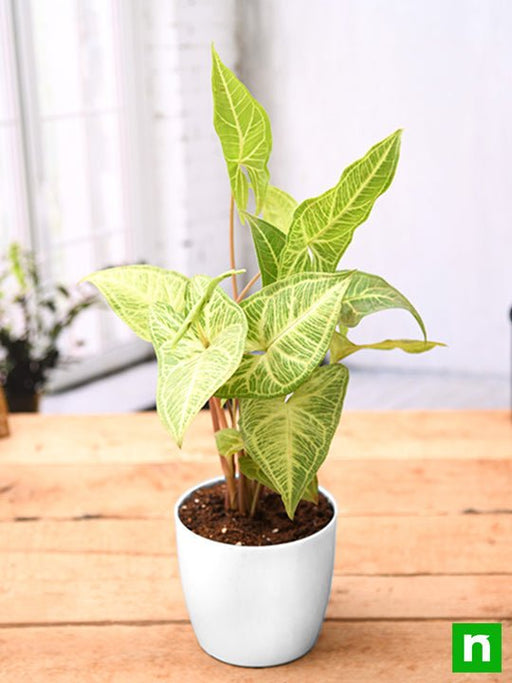
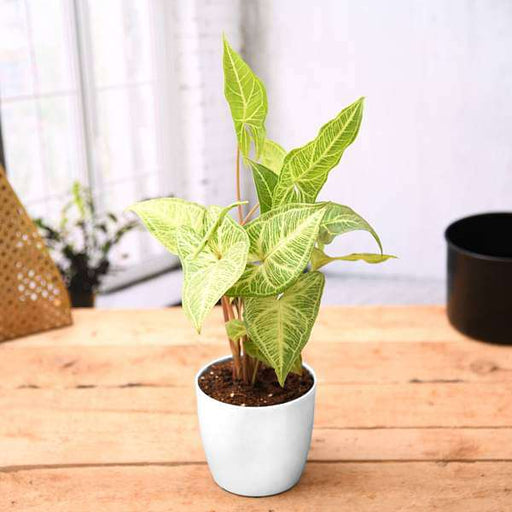
DescriptionIf the juvenile foliage along with a more compact plant is preferred, cut off all the climbing stems that develop, this will keep it bus...
View full details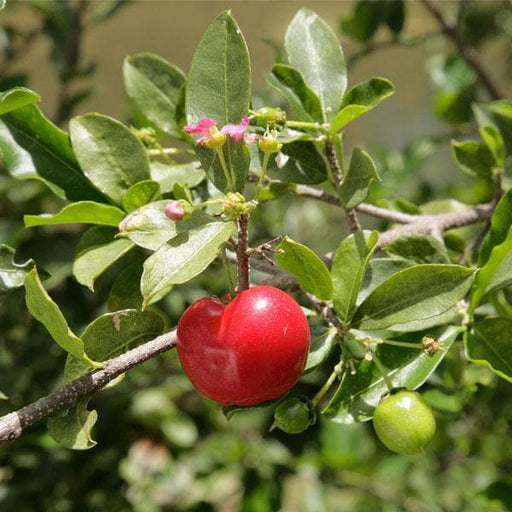 Save 15%
Save 15%
DescriptionGrowing Barbados Cherry is an easy way to add a tropical flair to your garden. When you know its important and how to care for Barbados ...
View full details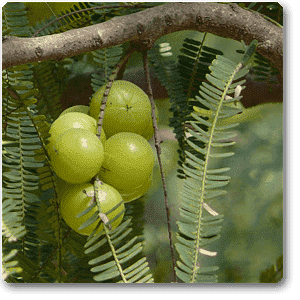 Save 17%
Save 17%
DescriptionImprove immunity of your all family member by growing a nutritious and vitamin rich an amazing Amla plant. Amla is a small to the medium...
View full details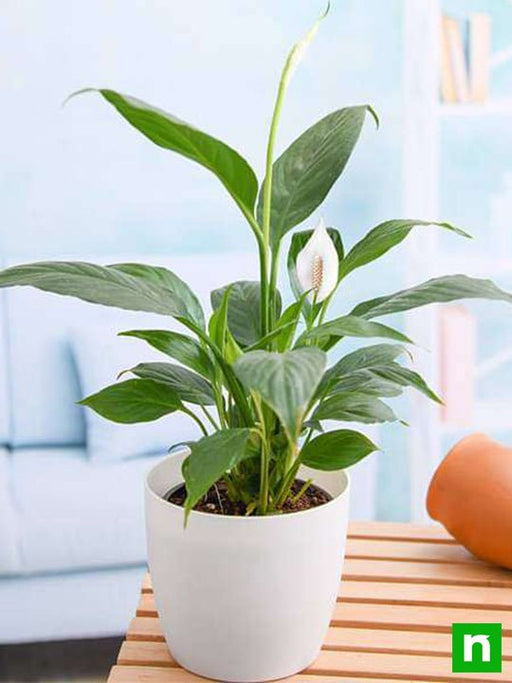
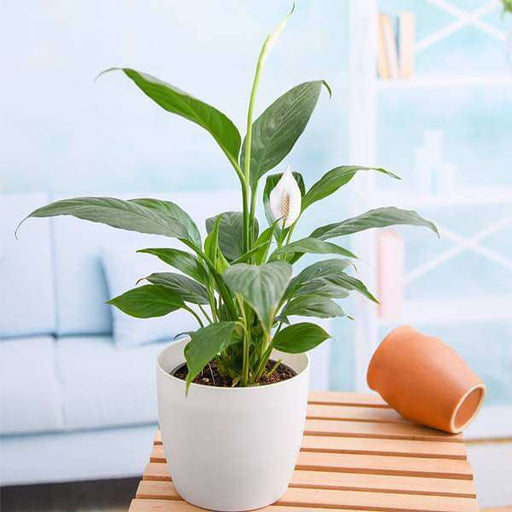 Save up to 15%
Save up to 15%
DescriptionPeace Lily Plant is a very popular and very rare indoor flowering houseplant. It is also an excellent air purifier plant.What makes it s...
View full details
 Save 20%
Save 20%
DescriptionFlowers make intimate connections they increase our connectivity with family and friends. Mogra plant is famously known as Jasmine flowe...
View full details
 Save 10%
Save 10%
DescriptionThe Kalanchoes are thick leaved elegant flowering succulent houseplants. Make your home garden more vibrant and full of colors by bringi...
View full details Save 45%
Save 45%
Description Pack of 4 succulents that are very easy to care for. A perfect pack to start growing plants worry-free. About You get 4 succulent plant...
View full details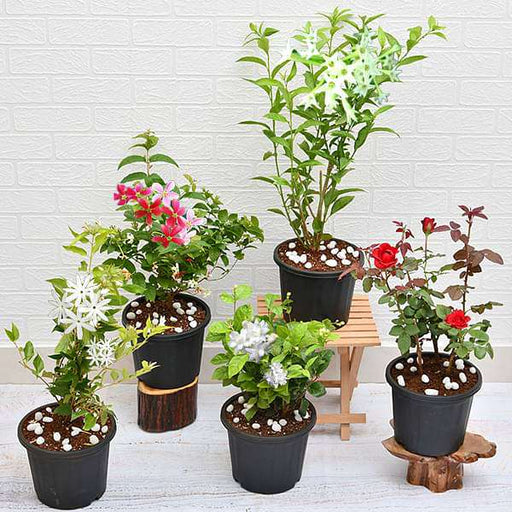 Save 12%
Save 12%
DescriptionAromatic plants bring into a room or house an often overlooked benefit. These plants have a pleasant scent.About You plant a hope when ...
View full details
 Save up to 50%
Save up to 50%
DescriptionIf you long for indoor greenery but have not succeeded with houseplants, consider these beautiful succulents. A perfect pack to start gr...
View full details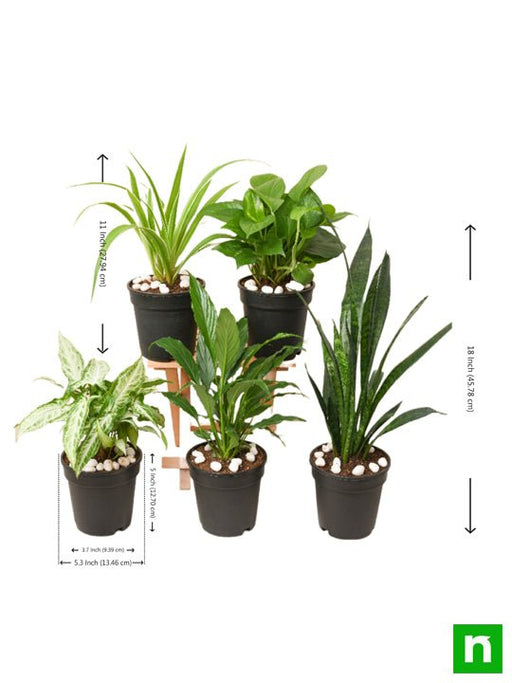
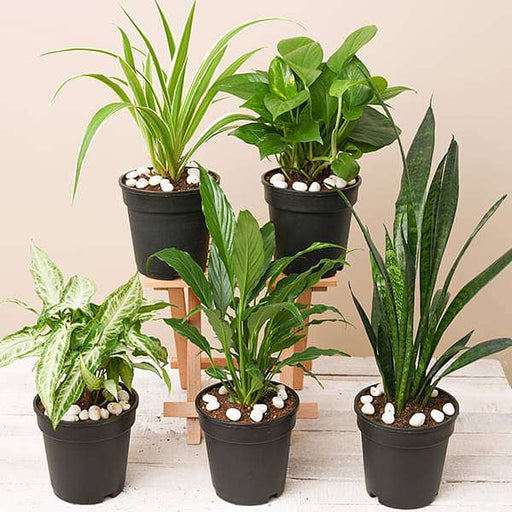 Save 21%
Save 21%
DescriptionThis plants pack contains amazing 5 houseplants + 5 Pots. Surround your home with these best pollution killer plants for a clean and hea...
View full details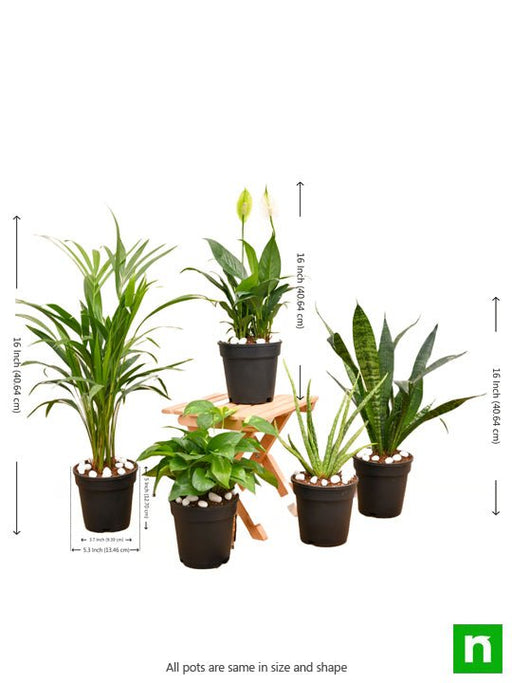
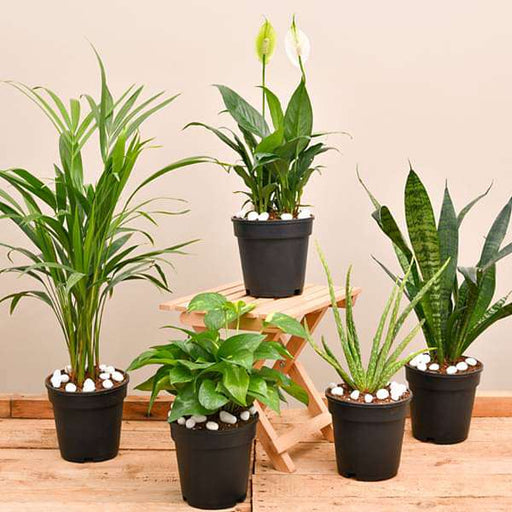 Save 20%
Save 20%
DescriptionIf you or anyone from your family wants to breathe fresh air, cleaner air in their homes, this 5 plants pack purify the air around and r...
View full details
 Save 40%
Save 40%
DescriptionSet of 2 Bonsai Looking Grafted Adenium PlantsAbout You get 2 Bonsai looking hardy grafted Adenium plants in a single pack.Plants are k...
View full detailsTaking care of your plant babies and being able to see them thrive can give a great feeling of accomplishment. Yet, the fear of being unable to maintain them can deter many. Low-maintenance tropical houseplants such as philodendrons and the ficus plants are a great choice.
Ficus plants have many varieties that range. They range from small shrubs to trailing vines. As a typical tropical plant, Ficus plants have a single branch-like structure with a spreading canopy. Since they come in various designs, they serve as great ornamental plants.
Ficus plants typically have milky sap and thick, stiff leaves. Popular variants of the Ficus plant which include the edible fig, rubber plant, and the banyan, or even the weeping fig have beautiful designs and look very elegant when used as decoration indoors.
Ficus trees are popular houseplants and office plants because they resemble a conventional tree with a single trunk and a spreading canopy.
When growing ficus indoors, it's critical to keep the humidity around the plant at a high level. Regular misting or placing the ficus tree in a pebble tray filled with water will help to improve humidity, but keep in mind that while they prefer high humidity, they don't like their roots to be extremely moist. As a result, carefully check the top of the soil before watering.
A place that receives plenty of sunlight is ideal for Ficus plants to grow and remain healthy. Since these plants are local to India and grow well in this weather, it is easy to maintain them without the risk of seeing them die. They can be potted in well-ventilated soil.
The best way to take care of Ficus plants is to ensure that it gets ample sunlight and does not end up being overwatered or underwatered. Ficus plants do tend to droop and lose leaves which can be a good indicator that the plant is not in its ideal surviving condition.
Create your little urban jungle with Nursery Live’s collection of interesting Ficus plants. The Ficus Safari, Ficus Elastica (commonly known as rubber plant), Ficus Triangularis, and certain bonsai variants are popularly bought plants on Nursery Live.
Ficus plants are a diverse group of plants that come in a variety of sizes, shapes, and colors. In this article, we will explore the different types of ficus plants and their unique characteristics, including their growth habits and maintenance requirements.
Growing ficus plants can be a rewarding and relatively easy task that can add beauty and interest to your indoor or outdoor space. In this article, we will provide tips and advice on how to grow ficus plants successfully, including soil preparation, watering, and fertilization.
Proper care and maintenance of ficus plants can help them thrive and produce beautiful leaves. In this article, we will discuss the best practices for pruning, fertilizing, and pest control of ficus plants.
Ficus plants are susceptible to a variety of diseases, including fungal infections, leaf spot, and root rot. In this article, we will explore the common diseases that affect ficus plants and provide tips on how to prevent and treat them.
Ficus plants can be attacked by a variety of pests, including mealybugs, spider mites, and scale insects. In this article, we will discuss the common pests that affect ficus plants and provide tips on how to prevent and control them.
Ficus plants not only add beauty to your indoor or outdoor space but also offer a range of benefits to the environment and to humans. In this article, we will explore the many benefits of ficus plants, including their ability to purify air, prevent erosion, and provide shade.
Ficus plants are a popular choice for landscaping due to their unique texture and ability to provide shade. In this article, we will provide advice on how to choose the right ficus plants for your landscape and how to incorporate them into your overall design.
Ficus plants are a popular choice for indoor plants due to their unique texture and ability to thrive in low light conditions. In this article, we will explore the best ficus plants for indoors and provide tips on how to care for them.
Ficus plants can also be grown outdoors in warm and humid climates. In this article, we will explore the best ficus plants for outdoors and provide tips on how to care for them.
Ficus plants are a popular choice for bonsai due to their interesting shapes and textures. In this article, we will explore the best ficus plants for bonsai and provide advice on how to care for them.
Ficus plants can also be shaped into topiaries for a unique and artistic touch to your indoor or outdoor space. In this article, we will explore the best ficus plants for topiary and provide tips on how to shape them.
If you're looking for a natural and attractive way to create privacy in your outdoor space, consider planting ficus plants. In this article, we will explore the best ficus plants for privacy, including their growth habits and maintenance requirements.
Some ficus plants are edible and can be incorporated into your edible landscaping. In this article, we will explore the best ficus plants for edible landscaping and provide information on their culinary uses and
Ficus plants are known for their ability to purify the air by removing harmful toxins and pollutants. In this article, we will explore the best ficus plants for air purification and provide tips on how to care for them.
Ficus plants are a popular choice for office spaces due to their ability to purify the air and add a touch of greenery to the workspace. In this article, we will explore the best ficus plants for office spaces and provide tips on how to care for them.
Ficus plants are a popular choice for hotels and resorts due to their ability to add a touch of tropical beauty to the landscape. In this article, we will explore the best ficus plants for hotels and resorts and provide tips on how to care for them.
Ficus plants are a popular choice for wedding decor due to their unique texture and ability to add a natural and romantic touch to any venue. In this article, we will explore the best ficus plants for wedding decor and provide tips on how to incorporate them into your wedding design.
In Feng Shui, ficus plants are believed to bring prosperity and good luck to the home or office. In this article, we will explore the best ficus plants for Feng Shui and provide tips on how to care for them.
If you have limited space, you can still enjoy the beauty of ficus plants by choosing the right varieties that are well-suited for small spaces. In this article, we will explore the best ficus plants for small spaces and provide tips on how to care for them.
Although many ficus plants are tropical and not well-suited for cold climates, there are some varieties that provide winter interest with their evergreen foliage and interesting shapes. In this article, we will explore the best ficus plants for winter interest and provide tips on how to care for them.
Ficus plants are a group of plants that belong to the fig family. They are known for their shiny leaves and can grow in a wide range of environments.
There are several Ficus plants that can be grown in India, such as Ficus microcarpa, Ficus benjamina, Ficus lyrata, and Ficus elastica.
Ficus plants should be planted in a location that receives full sun to partial shade, and the soil should be well-draining. Dig a hole twice as wide as the root ball, place the plant in the hole, backfill with soil, and water thoroughly.
Ficus plants prefer well-draining soil that is slightly acidic, with a pH level of 5.5 to 6.5.
Ficus plants require moderate watering, about once or twice a week, depending on the weather and soil conditions.
Ficus plants should be fertilized in the spring and summer, using a balanced fertilizer specifically formulated for Ficus plants.
Ficus plants require minimal pruning, but if necessary, prune during the winter months to shape the plant and remove any dead or diseased branches.
Yes, Ficus plants can grow in containers. However, make sure the container is large enough for the plant to grow, and use a well-draining potting mix.
Ficus plants can be propagated by cuttings or air layering. However, propagation by cuttings is the most common method.
Ficus plants may attract pests such as spider mites, whiteflies, and mealybugs. However, they are generally resistant to diseases.
Ficus plants can tolerate windy conditions but may require additional support during the initial stages of growth.
Ficus plants can live for several years to even decades, depending on the species and growing conditions.
Ficus plants can tolerate a wide range of temperatures, but some species may not tolerate extreme heat or cold.
Mulch around the base of the plant and wrap the plant with a frost cloth to protect it from cold winds and extreme temperatures.
Yellowing leaves on Ficus plants may be a sign of nutrient deficiency or water stress. Fertilize the plant and water regularly to resolve the issue.
Yes, Ficus plants can be grown indoors in bright, indirect light. However, make sure to keep the soil moist and provide adequate humidity.
Transplant Ficus plants during the spring or fall, when the plant is dormant. Dig a hole twice as wide as the root ball, carefully remove the plant from its container, place it in the hole, backfill with soil, and water thoroughly.
Prune any excess growth and train the plant to grow in a specific direction to prevent it from spreading too much.
Yes, Ficus plants are often used for landscaping due to their lush foliage and low maintenance requirements.
Consider the size, shape, and growth habit of the Ficus plant, as well as the climate and soil conditions in your area.
Water Ficus plants regularly during the summer months, and provide some shade if necessary to prevent the plant from drying out.
Yes, some Ficus plants can be grown in coastal areas, but they may require additional protection from salt spray and wind.
Provide adequate light and moisture to prevent Ficus plants from becoming too leggy. Prune any excess growth to maintain the plant's shape and encourage new growth.
Yes, Ficus plants are often used as hedges due to their dense foliage and easy maintenance.
Use a physical barrier or repellent spray to protect Ficus plants from animal damage, such as deer or rabbits.
Yes, some Ficus plants are suitable for hanging baskets, such as Ficus pumila and Ficus radicans.
Water Ficus plants regularly during the winter months, and protect them from extreme temperatures and wind.
Yes, Ficus plants are known for their air-purifying properties and can help improve indoor air quality.
A healthy Ficus plant should have vibrant green leaves, and the leaves should be plump and not dry or brittle. The plant should also have a strong root system and be free of any pests or diseases.
Leaf drop on Ficus plants may be a sign of overwatering, underwatering, or environmental stress. Adjust the watering schedule and provide adequate humidity to resolve the issue.